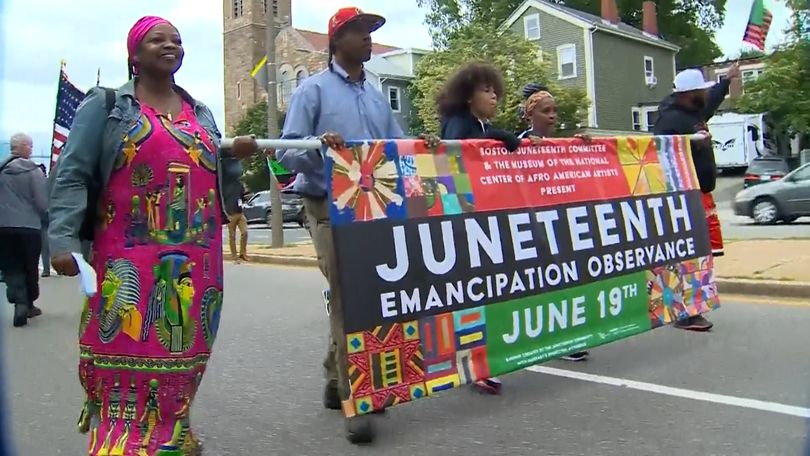On June 19, 1865, around 2,000 Union soldiers arrived in Galveston Bay, Texas, signaling the arrival of freedom. The more than 250,000 Black slaves in the state were declared free by executive edict, according to the army. The newly freed inhabitants of Texas began to refer to this day as “Juneteenth.”

Juneteenth Day: A Celebration of Freedom and Resilience
Juneteenth, also known as Juneteenth National Independence Day or Emancipation Day, is a federal holiday in the United States celebrated annually on June 19th. It commemorates the end of slavery in the United States, marking a pivotal moment in American history.
The Historical Roots of Juneteenth
The story of Juneteenth begins with the Emancipation Proclamation, issued by President Abraham Lincoln in 1863. This decree declared enslaved people in Confederate states to be free. However, the Confederacy continued to resist, and the news of freedom didn’t reach all enslaved people immediately.
Texas, the furthest Confederate state, remained largely untouched by the war until Union troops arrived in Galveston Bay on June 19, 1865. Major General Gordon Granger proclaimed the end of the Civil War and the freedom of all enslaved people in Texas. This marked the true end of slavery in the United States.

Celebrating Freedom: Juneteenth Traditions
Juneteenth celebrations began in Texas as early as 1866, often centered around church gatherings. Over time, the traditions evolved to include:
- Rodeos and barbecues: Early celebrations featured food, games, and entertainment like rodeos and fishing.
- Readings of the Emancipation Proclamation: Public readings of the document served as a reminder of the fight for freedom.
- Parades and street fairs: Vibrant parades and lively street fairs became a hallmark of Juneteenth celebrations.
- Red, white, and blue: The Juneteenth flag incorporates the colors of the American flag, symbolizing the newly freed people’s place as Americans.
The Significance of Juneteenth
Juneteenth holds immense significance for several reasons:
- Commemorating the end of slavery: It serves as a powerful reminder of the long and brutal history of slavery in the United States.
- Celebrating Black achievement and resilience: Juneteenth celebrates the perseverance and strength of African Americans in the face of oppression.
- A call for continued progress: It serves as a reminder of the ongoing fight for racial equality and justice.

Juneteenth Today
Juneteenth has grown beyond its Texas roots to become a nationwide celebration. In 2021, it was finally recognized as a federal holiday in the United States. There’s a growing awareness of the importance of Juneteenth, with celebrations occurring in communities across the country.
Juneteenth serves not just as a day of celebration but also as a day of reflection. It’s a time to acknowledge the past, honor the struggle for freedom, and recommit to building a more just and equitable future for all.
